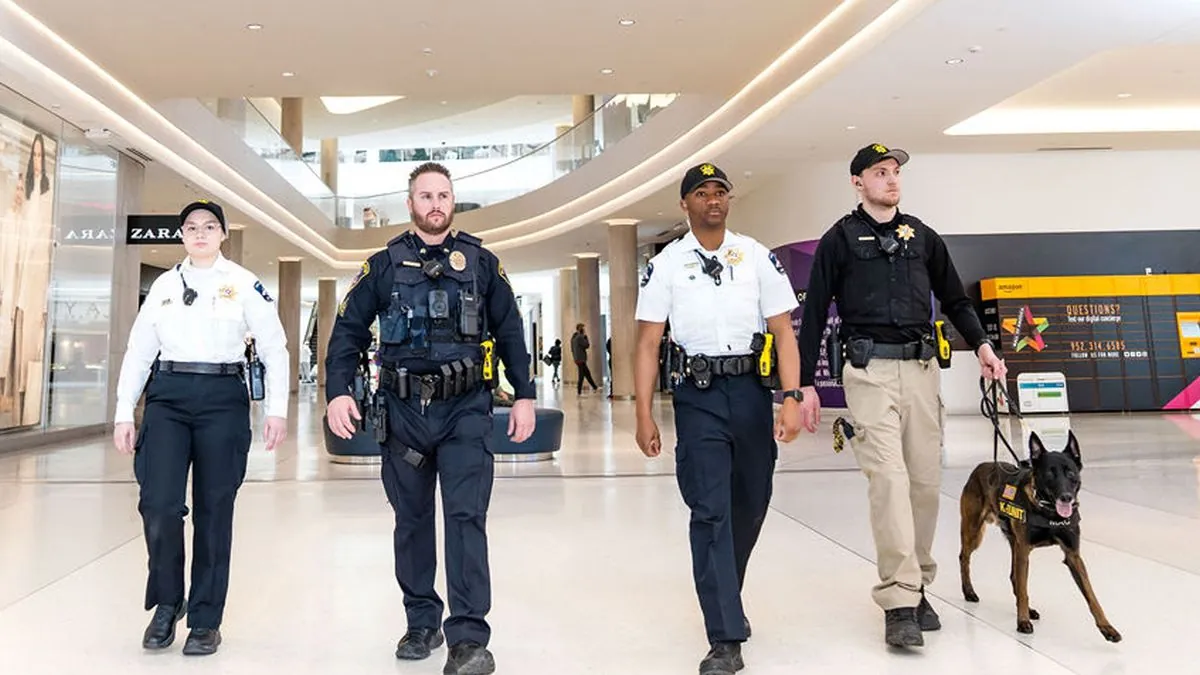In a case that has resurfaced after a decade, four security guards are facing trial for the death of McKenzie Cochran at a suburban Detroit shopping mall. The incident, which occurred on January 28, 2014, at the now-demolished Northland Center, has gained renewed attention amidst broader discussions on use of force.
Cochran, 25, was restrained by security personnel following a disturbance at a jewelry store. Witnesses reported that Cochran repeatedly stated, "I can't breathe," while being held face down. This phrase has since become associated with protests against excessive force, particularly in cases involving African American individuals.
The legal journey of this case has been complex. Initially, charges were not filed after consultation with the U.S. Justice Department. However, in 2021, Michigan Attorney General Dana Nessel intervened, bringing involuntary manslaughter charges against the four guards involved.
Defense attorney Blake Wright argues that the case's revival is politically motivated, drawing parallels to high-profile incidents of police misconduct. Wright contends that the circumstances differ significantly, emphasizing that the guards were attempting to subdue an individual experiencing mental health issues.
Conversely, Gerald Thurswell, who represented Cochran's family in a civil suit, maintains that the video evidence will be crucial in demonstrating the inappropriate use of force.
The prosecution alleges that the guards employed excessive force by restraining Cochran face down for an extended period. An autopsy revealed that Cochran, who had an enlarged heart, died of asphyxiation. This medical condition, known as cardiomegaly, affects approximately 1 in 500 people in the United States.
"His speech went from 'get off of me' to 'I can't breathe.'"
The defense team, representing John Seiberling, Gaven King, Aaron Maree, and Lucius Hamilton, argues that their clients acted in self-defense during a chaotic situation. They highlight that Cochran was actively resisting and overpowering the guards.
Dr. Carl Schmidt, a former Detroit-area medical examiner, is expected to testify for the prosecution. His review of the autopsy records led him to suggest that Cochran's death should be classified as a homicide, noting that the restraint likely contributed to the fatality.
This trial brings attention to several critical issues in law enforcement and security practices. The use of prone restraint, which was employed in this case, has been a subject of controversy. Additionally, the incident underscores the importance of proper training for security personnel in handling individuals with potential mental health concerns.
As jury selection begins, the case continues to raise questions about the use of force, accountability, and the intersection of security practices with public safety. The outcome of this trial may have significant implications for how similar incidents are handled in the future.
